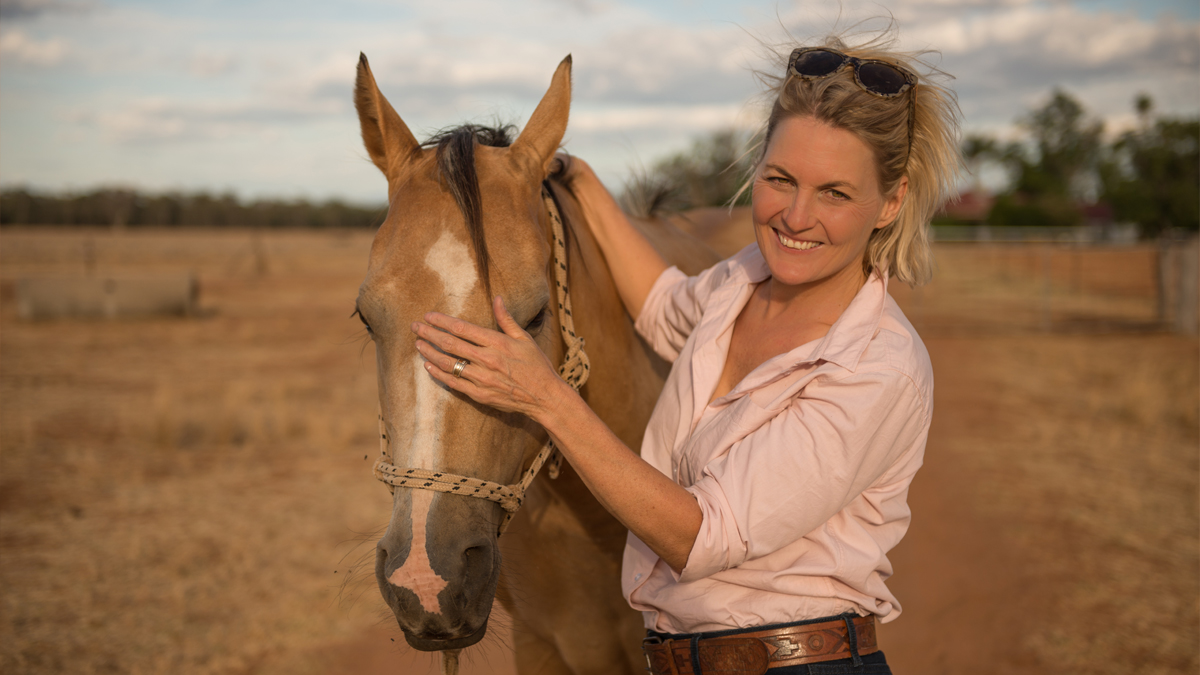



Article by: Hari Yellina
In agricultural circles, the story of a small bush charity that is spearheading social change surrounding alcohol consumption in the bush, and its founder, who was awarded the local hero Australian of the Year award this year, is well-known. The way the large pastoral players are rising to Sober in the Country’s challenge to create an atmosphere in rural Australia where it’s alright to say no to liquor, and where friends are helping friends put a stop to the suffering that excessive drinking can bring is well recognised.
AACo, CPC, Paraway, NAPCo, Hewitt Cattle Company, Stanbroke, and a long list of others have thrown their support behind the charity’s mission, are implementing what it asks on station, and are providing finances and resources to help expand the work further in the name of saving lives. Shanna Whan, the creator of SITC, stated unequivocally that the dial was changing. That was demonstrated by the fact that someone spoke about alcohol awareness at a national cattle business meeting. Ms Whan told a crowd of hundreds of pastoralists at the Northern Territory Cattlemen’s Association conference in Darwin that she didn’t expect to be popular, but that wouldn’t stop her from speaking out about outback Australia’s booze culture and the enormous suffering it can cause to some individuals.
Ms Whan, who lives with her husband Tim on the acreage at Maules Creek in northwestern NSW, overcame a life-long struggle with alcohol addiction that came perilously close to taking her life, and determined to use her ‘second chance’ to help others. She explained that the goal is never to tell people what to do; prohibition was not the message. “The entire notion is, in fact, asking for something – merely that you be a decent friend, that you accept someone else’s decision to decline a beer,” she explained.
According to Ms Whan, this is a life-saving message, as simple as it appears. She informed the NTCA audience, “Every single person here today knows a Shanna.” “The type of person who can’t stop at one or two, who does insane things, takes it to a new level. “It’s all fun and games in your early twenties, but we all have a Shanna in our lives who is in their 40s and suffering from chronic alcoholism. It happens over time, typically quietly, and it’s a phenomenon that happens behind closed doors. “In eight years of speaking across Australia, the response is invariably no when I ask if anyone in the audience has not had another person in their lives severely touched by grog.” She claimed that alcohol consumption and addiction was a pandemic in the bush.
Rural residents are 150 percent more likely than city dwellers to be harmed by alcohol. Ms Whan estimates that 6,000 rural people, roughly the population of Roma, will die this year as a result of alcohol abuse, and that the statistics will repeat themselves year after year. However, bush people were also great at becoming friends, which she claimed was something she could work with. “If you can have a few safely, that’s fantastic,” she added, “but can you also step up and make it ok for someone else to say no if they have to?” “I fantasise of the day when a man may stroll into an outback tavern and refuse a pint without being judged.”
Her advice to graziers, station managers, and anyone in charge of a beef enterprise is that life in the outback is perpetually ‘iso’, with the rec club or the pub as the sole outlet. So, follow in the footsteps of the big boys and make sure that there are alcohol-free options available at these establishments, and that everyone, and everyone, understands that it is acceptable to refuse alcohol. She stated, “People in the woods are worth fighting for.” They keep putting food on the table in plagues, pandemics, floods, and droughts. “We need to invest in people in the same way we invest in cattle, infrastructure, or courses to improve our handling abilities,” says the author.